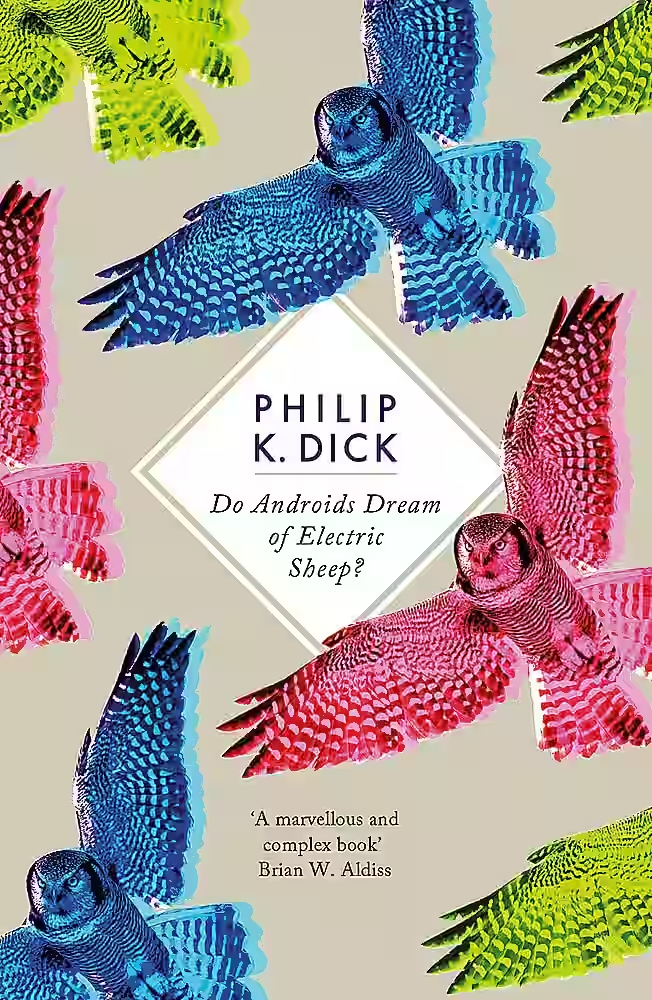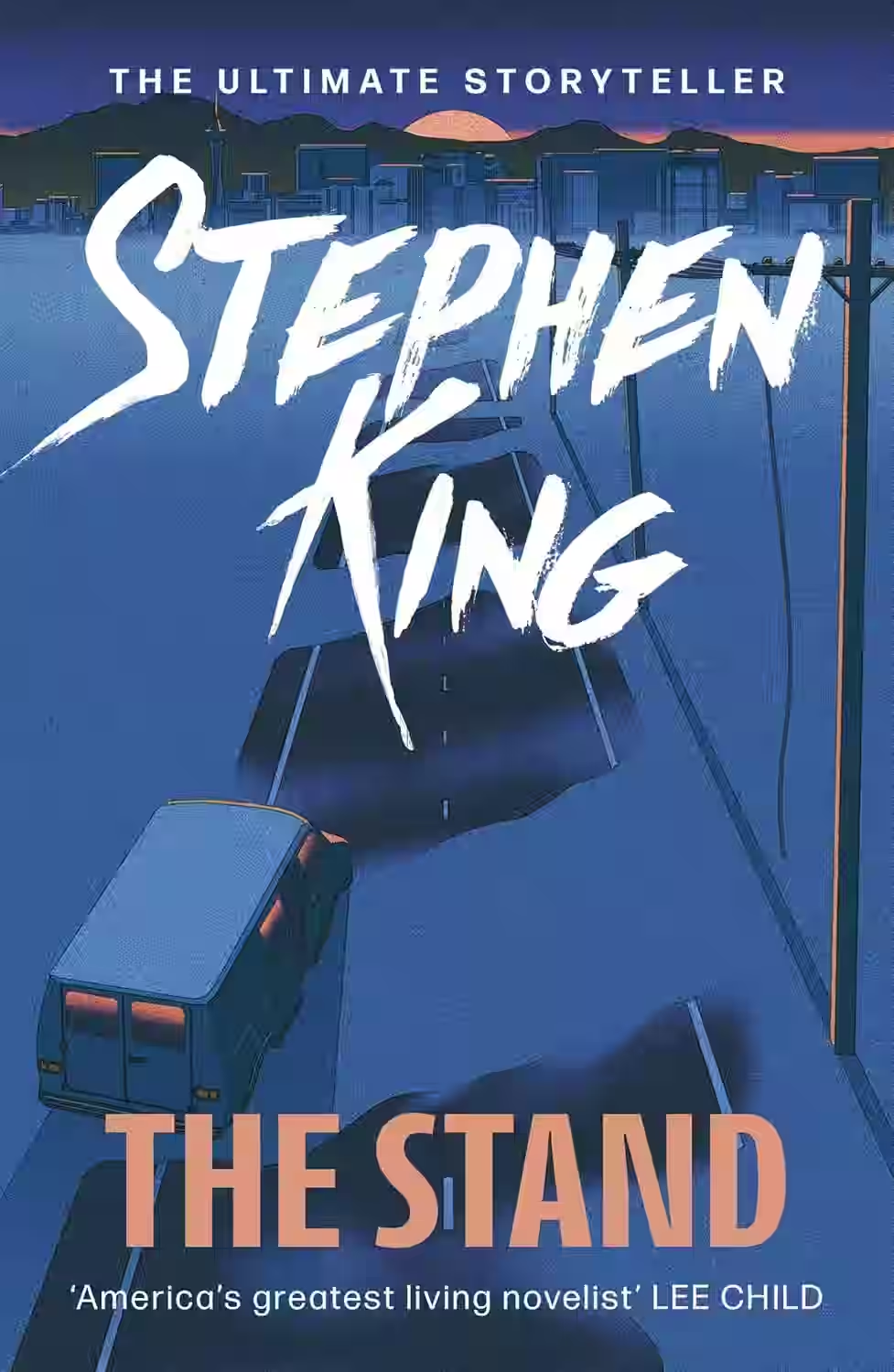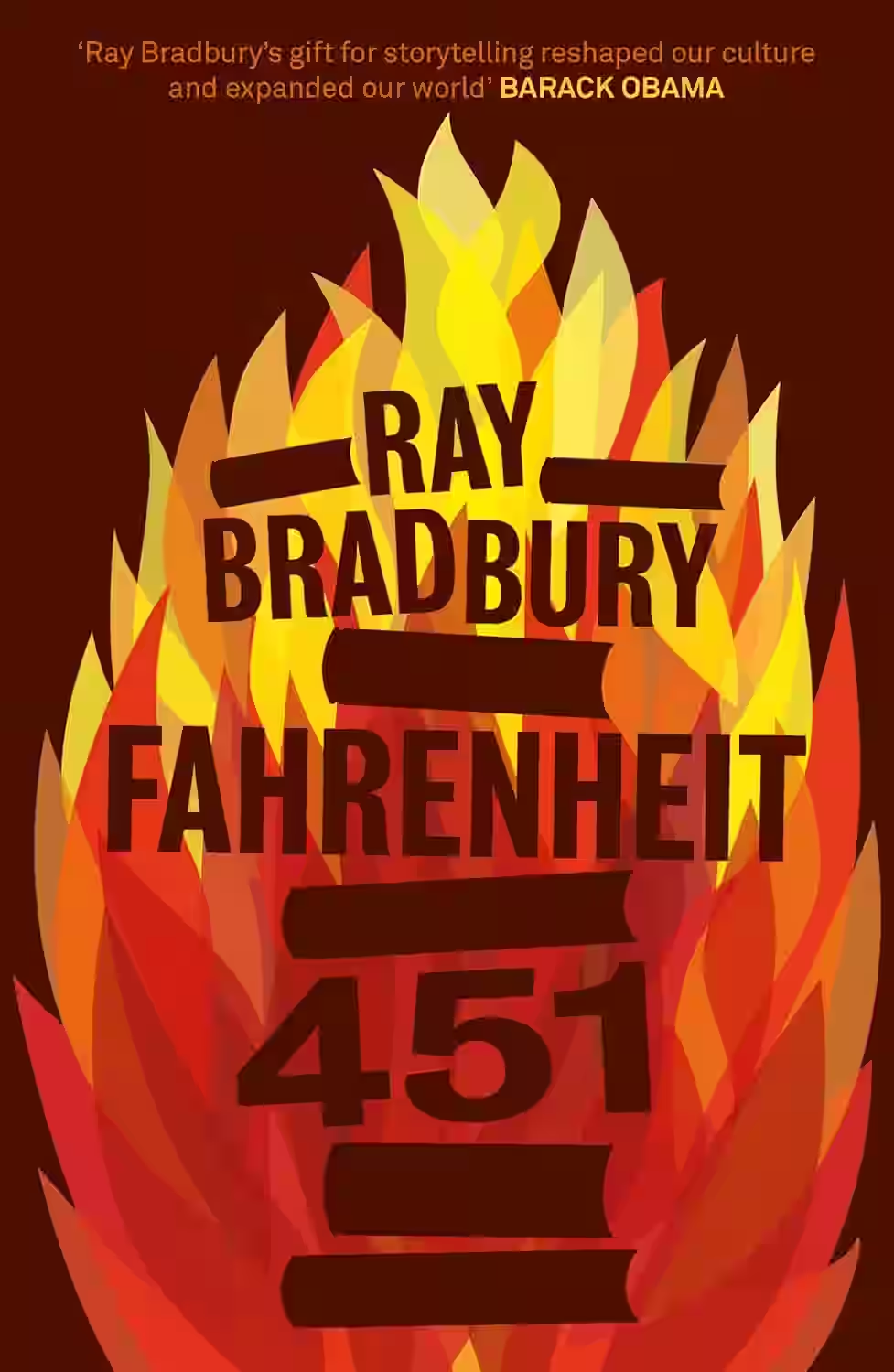
Philip K. Dick's "Do Androids Dream of Electric Sheep?" is a seminal work of science fiction that delves into the complexities of identity, empathy, and the boundaries between human and machine. Set in a post-apocalyptic future where Earth is scarred by nuclear fallout, the novel follows Rick Deckard, a bounty hunter tasked with 'retiring' rogue androids. As Deckard navigates this desolate world, he grapples with his own understanding of humanity, morality, and the distinction between artificial and organic beings. The novel explores themes of existentialism and the quest for meaning in an increasingly dehumanized society. Its influence extends beyond literature, having inspired the iconic film adaptation "Blade Runner," and it remains a compelling exploration of consciousness and the human condition.
About Philip K. Dick
Philip K. Dick (1928–1982) was a prolific American writer celebrated for his contributions to the science fiction genre, where he explored themes of altered states of consciousness, identity, and the nature of reality. Born in Chicago and later residing in California, Dick's experiences with societal transformation and personal struggles informed much of his work. His most notable novels include 'Do Androids Dream of Electric Sheep?'—which inspired the classic film 'Blade Runner'—'A Scanner Darkly', and 'The Man in the High Castle', which won him the Hugo Award. Dick's imaginative narratives often depicted dystopian futures and questioned human existence, significantly influencing both literature and popular culture. His stories have been adapted into numerous films and TV shows, making his visionary storytelling a cornerstone of sci-fi cinema. Philip K. Dick's explorations of philosophical and psychological themes continue to resonate, cementing his legacy as a pioneer who bridged speculative fiction with deep existential inquiry.
Similar Books

The Stand
by Stephen King
In Stephen King's epic novel 'The Stand,' a superflu virus wipes out most of humanity, leaving the survivors to navigate a decimated world divided between the forces of good and evil. The story follows a diverse group of characters who must confront their inner demons and choose sides as they are drawn to two powerful figures leading the remnants of humanity. Through its exploration of themes like morality, sacrifice, and the battle between light and darkness, 'The Stand' is a gripping tale of survival, redemption, and the resilience of the human spirit.

Reached
by Ally Condie
Series: Matched (#3)
In 'Reached,' the final installment of Ally Condie's dystopian Matched trilogy, the stakes are higher than ever as Cassia, Ky, and Xander find themselves on the frontline of a revolution against the oppressive Society. The narrative unfolds through alternating points of view, deepening the reader’s connection to each character’s growth and struggles. As a mysterious plague begins to spread, revealing the Society’s fragility, the trio faces personal and ideological challenges that test their loyalties and resolve. Themes of freedom, identity, and sacrifice are intricately woven throughout, providing a gripping conclusion that explores the complexities of choice and love in a tightly controlled world. Condie's poetic prose and detailed world-building enhance the story's emotional impact, culminating in a finale that seeks to leave readers reflecting on the nuances of control and individuality.

Uglies
Series: Uglies (#1)
In Scott Westerfeld's dystopian novel 'Uglies', readers are transported to a future world where physical beauty is mandated by society. At the age of sixteen, citizens undergo compulsory cosmetic surgery to transform from 'Uglies' to 'Pretties'. The story follows Tally Youngblood, who is on the brink of her transformation, but her world is turned upside down when she meets a rebellious friend, Shay, who questions the societal norms. Themes of identity, conformity, and the nature of beauty are skillfully explored as Tally embarks on a journey that challenges her understanding of reality. Westerfeld's book offers sharp social commentary, action-packed sequences, and believable character development, making it an engaging read that probes thought-provoking issues pertinent to both adolescents and adults. 'Uglies' evokes reflection on the pressure for aesthetic perfection and the loss of individuality, resonating deeply with its readers and sparking conversations about modern beauty standards.

Fahrenheit 451
by Ray Bradbury
Ray Bradbury's "Fahrenheit 451" is a profound dystopian novel that delves into the consequences of a society bereft of critical thinking and free expression. Set in a future where books are banned and 'firemen' burn any that are found, the narrative follows Guy Montag, a fireman who begins to question his role in suppressing knowledge. The novel explores themes of censorship, the dehumanizing effects of technology, and the power of literature to inspire change. Bradbury's incisive commentary on conformity and intellectual repression remains remarkably pertinent, making it a timeless critique of society's foibles and the resilience of the human spirit in the pursuit of truth.